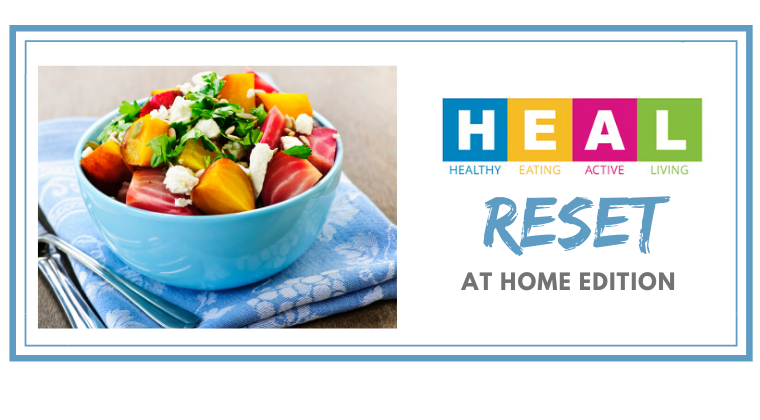
Success Story – Michelle Graham
January 4, 2010
Success Story – John Lettieri
February 4, 2010Ask A Nutritionist!
Q: Salt intake is a concern for heart issues. What is a good daily guide for marathon training?
A: Salt is one of those items in the diet that can be both friend and foe for marathon runners. Sodium is an important electrolyte in the body that is mainly responsible for fluid balance. However, excess intake of salt can increase blood pressure and risk for heart disease, as well as fluid retention resulting in skin puffiness and swelling in the tissues.
Daily Intake
The typical North American diet contains excess sodium due to the prevalence of prepared, packaged and processed foods. It is estimated that 55-75% of sodium in our diet comes from hidden sources and non-salty food-items. Salt is added to many products to help preserve foods and enhance flavour. Read the labels on the back of food products to see how much sodium is in 1 serving, and remember that most times a typical portion is larger than one single-serving size noted on the label. Limit consumption to no more than 2500 mg (equivalent to 1 teaspoon) of sodium per day from all sources.
To reduce sodium intake:
o Cook more of your own foods from scratch, versus buying prepared and packaged products, or instead of eating out.
o Don’t add extra salt to foods when cooking, instead use herbs and spices as flavour alternatives;
o Consume more potassium rich fresh fruits and vegetables to balance out sodium intake.
o If you are going to add salt, try a potassium salt-substitute or opt for unrefined natural (non-iodized) sea salt products that offer a full spectrum of electrolytes and use sparingly.
Sports Supplementation
Before, during and after exercise salt can be critical to health and performance, especially for marathon and ultra distance runners. A runner can loose considerable amounts of sodium, chloride, potassium, calcium and magnesium during activity through sweat. A litre of sweat can contain up to 2000 mg of sodium. If you’re not replacing what you are sweating out you can be at risk for muscle cramping, fatigue and decreased performance, or worse, hyponatremia (low blood sodium levels).
Consuming sports drinks with added sodium or salt supplement is a requirement for those long training runs. A natural alternative is potassium rich coconut water. A minimum of 250 mg of sodium per hour is recommended during long or intense training sessions and can increase considerably in different environmental conditions.
Leading up to a marathon, if you’re a person who doesn’t get a lot of salt in the diet you may want to be a little more liberal with foods containing salt in preparation for the race.
If you’re on any type of medication for blood pressure control you will want to consult with your doctor about possible interactions between sodium intake and medications.



